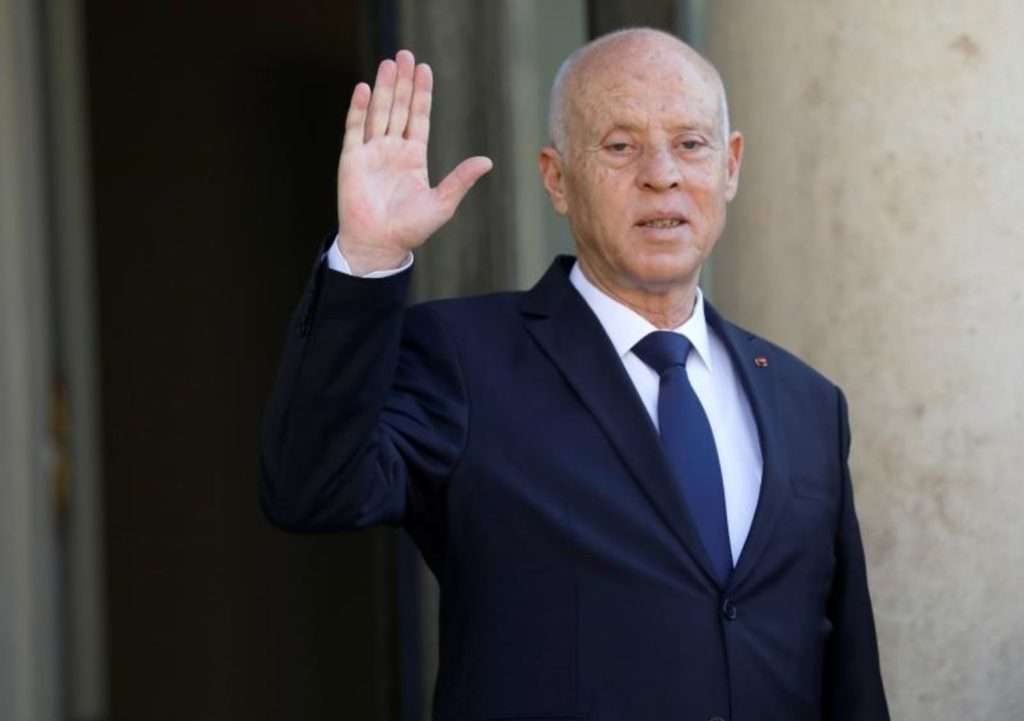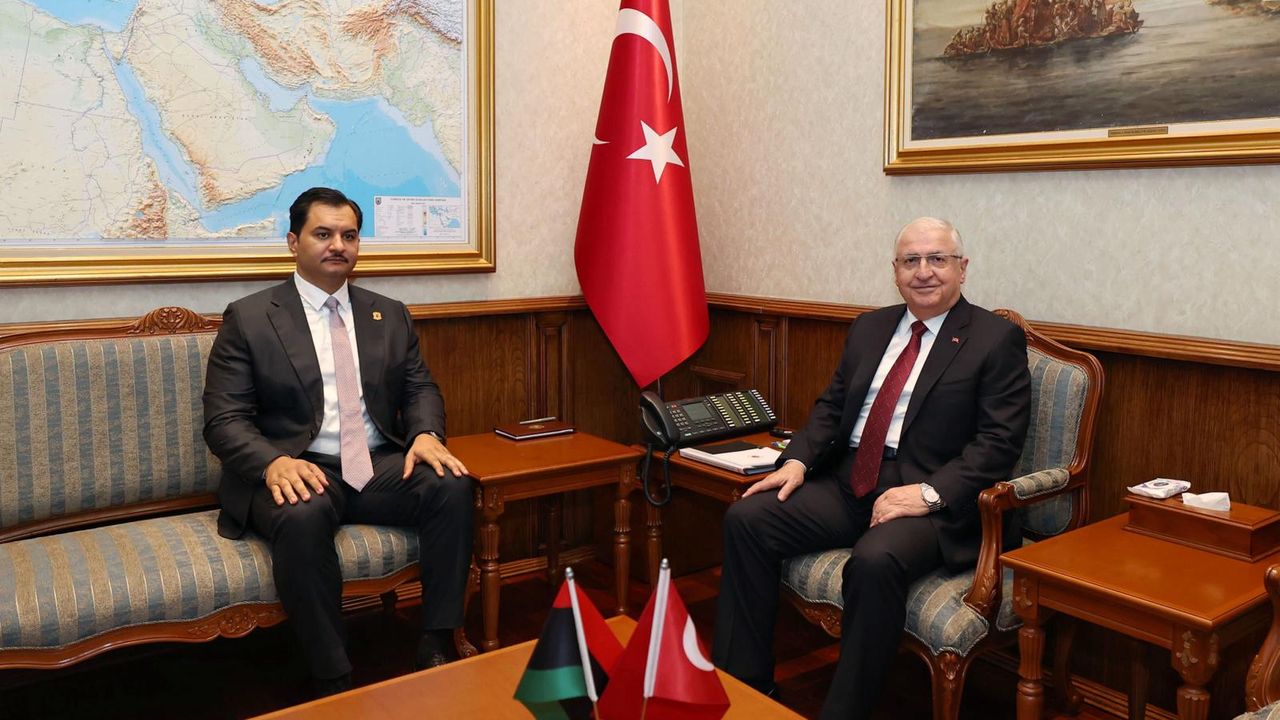Voting ends in Tunisia election

Voting has ended in Tunisia after a presidential election which is near-certain to guarantee incumbent Kais Saied another five-year term while his biggest critics are locked up, according to the Arab News via AFP.
Rights groups fear that the re-election of Saied will further strengthen his grip on power, in a country which was until recently the only democracy to emerge out of the Arab spring. Tunisia saw a period of democracy between the ousting of long time dictator Zine El Abidine Ben Ali back in 2011 to the election of Saied in 2019, but since then the 66-year old has re-written the constitution ad cracked down on dissent, sparking domestic and international criticism.
Speaking on October 3rd, Saied called for a “massive turnout to vote” and usher in what he called an era of “reconstruction.” ISIE, Tunisia’s electoral board, has said about 9.7 million of the 12 million strong population were eligible to vote. By 1:00 p.m. — five hours before the 5,000 polling station closed — only 14 percent of voters had cast their ballot, according to ISIE.
READ: Tunisia: Kais Saied reshuffles cabinet
ISIE spokesperson Mohamed Tlili Mansri said it was expecting around 30 percent turnout – roughly the same turnout that was seen in the widely-boycotted 2022 referendum on the new constitution.
Human Rights Watch has said more than “170 people are detained in Tunisia on political grounds or for exercising their fundamental rights.” Some of those behind bars include figures like Rached Ghannouchi, head of the opposition party Ennahdha, which dominated political life after the revolution, and Abir Moussi, head of the Free Destourian Party, which critics accuse of wanting to return to the pre-Arab spring regime.
READ: At least 12 dead and 10 missing as migrant boat sinks off Tunisia
On October 3rd Saied cited “a long war against conspiratorial forces linked to foreign circles,” accusing them of “infiltrating many public services and disrupting hundreds of projects” during his tenure. Crisis Group said that while Saied “enjoys significant support among the working classes, he has been criticized for failing to resolve the country’s deep economic crisis.” The electoral board has said preliminary results should come no later than October 9th.
AFP
Want to chase the pulse of North Africa?
Subscribe to receive our FREE weekly PDF magazine













